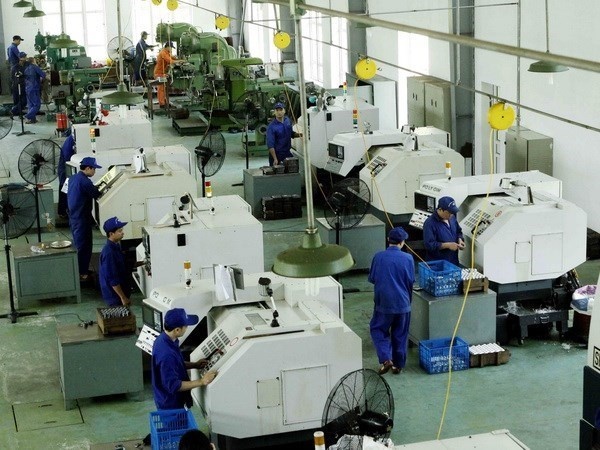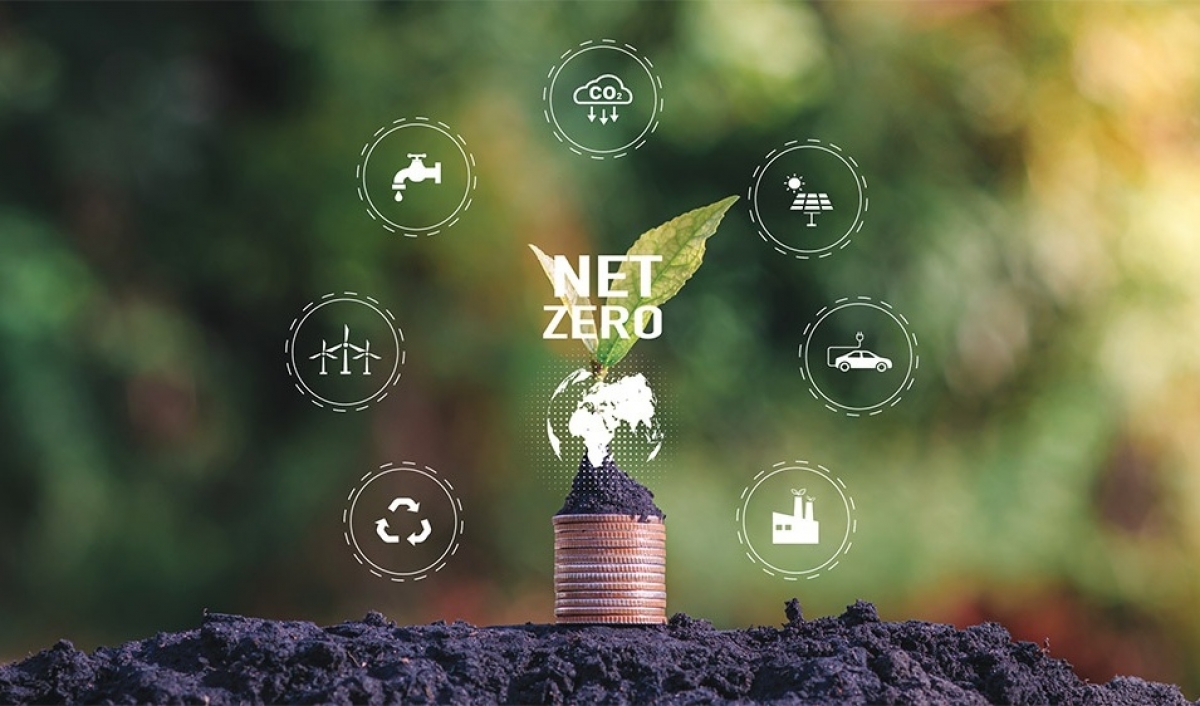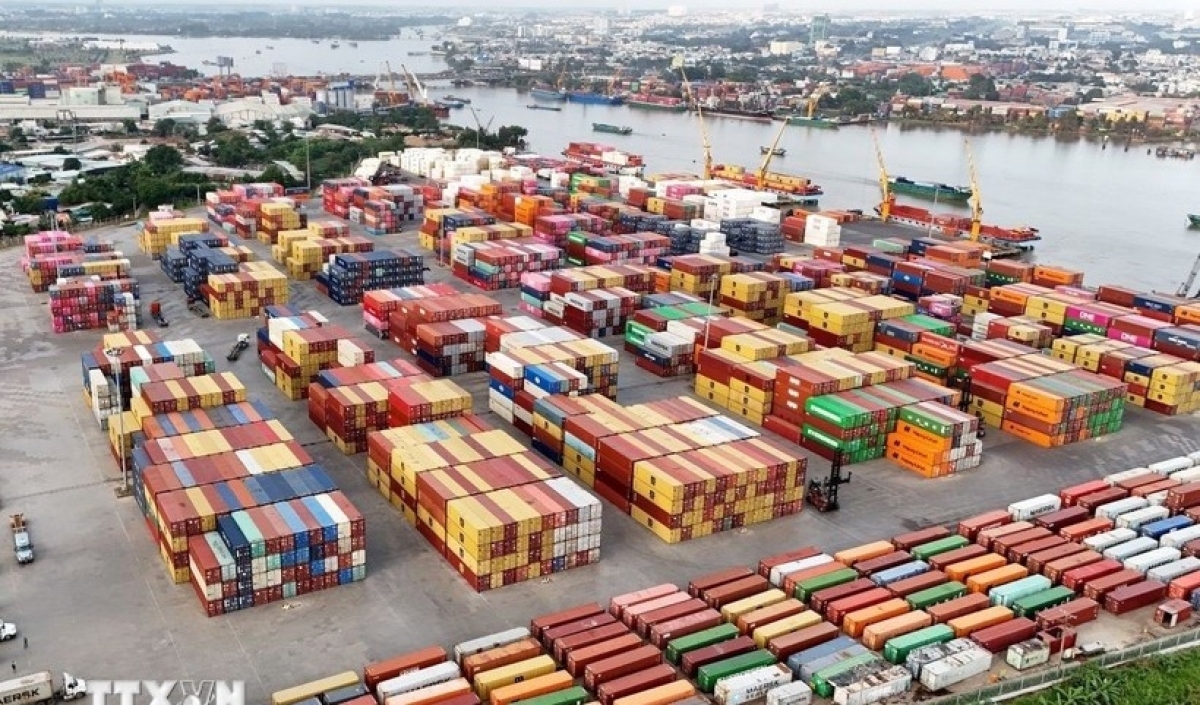INTERNATIONAL INVESTMENT
AND PORTAL
An article recently posted on digitimes.com.tw, a media outlet of Taiwan (China), has said despite a year full of challenges in 2021, the Vietnamese economy has not been hampered by supply chains disruptions but sustains its positive outlook and stature as a global manufacturing hub in 2022.
 Vietnam is said to be an attractive investment destination thanks to low production costs and FTAs. (Photo: VNA)
Vietnam is said to be an attractive investment destination thanks to low production costs and FTAs. (Photo: VNA)
Hong Kong – An article recently posted on digitimes.com.tw, a media outlet of Taiwan (China), has said despite a year full of challenges in 2021, the Vietnamese economy has not been hampered by supply chains disruptions but sustains its positive outlook and stature as a global manufacturing hub in 2022.
According to the writing, Vietnam is an attractive investment destination thanks to low production costs, which is also boosted by the Regional Comprehensive Economic Partnership (RCEP). Together with the country’s fast economic growth and standing in global trade, Vietnam’s supply chains are developing continuously and becoming a priority choice for manufacturing in the region.
The size of the Vietnamese economy ranks 40th in the world and fourth in the Association of Southeast Asian Nations (ASEAN). In the IT industry, the country has outpaced many superpowers and become one of the world’s leading mobile phone producers and exporters. It ranks 9th in terms of software export and outsourcing and 6th in terms of computer games in the world.
An increasing number of companies are seeking to invest in ASEAN or other regions. Among the countries with competitive advantages for investment, Vietnam has emerged as an efficient choice in Southeast Asia, the article noted.
About 31.15 billion USD of foreign direct investment (FDI) was poured into Vietnam last year, up 9.2 percent from 2020. Though this figure is lower than the over 38 billion USD in 2019, it can still be considered a positive result amid the complex COVID-19 pandemic, showing foreign investors’ trust.
The writing cited experts as forecasting that driven by the RCEP, investment from the three largest foreign investors in Vietnam, namely the Republic of Korea, Japan, and Singapore, will increase.
An analysis by the Peterson Institute for International Economics indicated that Indonesia, Malaysia, Thailand, and Vietnam will benefit most from the RCEP. Meanwhile, the FocusEconomics website held that Vietnam is the largest beneficiary from this agreement, possibly thanks to its export sector with competitive advantages integrating more strongly into regional value chains.
The article said Vietnam has made use of free trade agreements (FTAs) as a tool to guarantee its economic power and financial security, and that even when the pandemic broke out, the signed FTAs will help the country promote both the quantity and quality of trade and investment, diversify partners, and engage in global value chains.
VNA



















